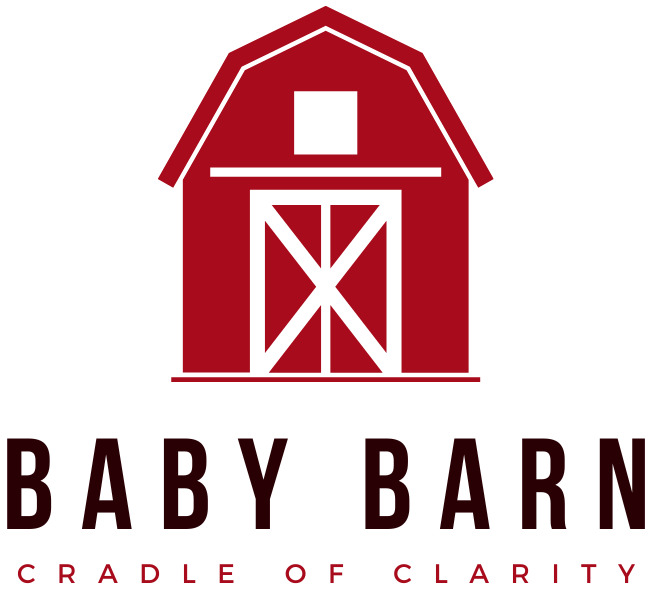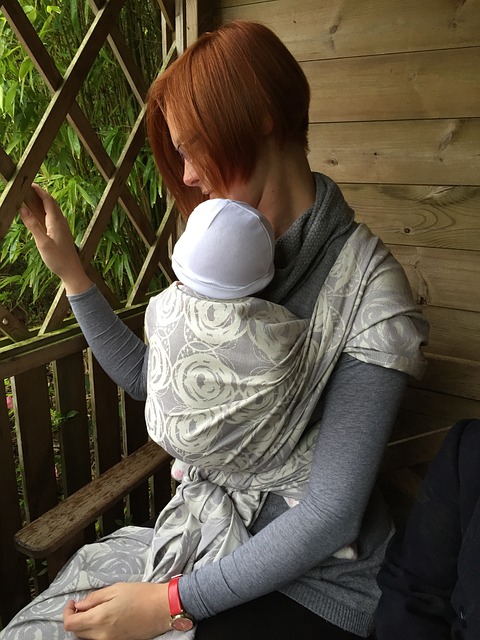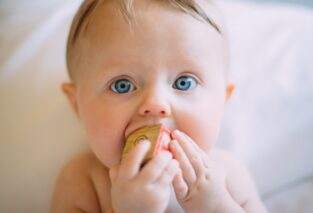In this article, we will take a closer look at the exciting journey of baby development milestones. From their first smile to their first steps, we will explore the key moments that mark your little one’s growth and progress. You can expect to gain a better understanding of what to expect as your baby reaches each milestone, and how to support their development along the way. So, let’s dive in and unravel the fascinating world of baby development milestones together!
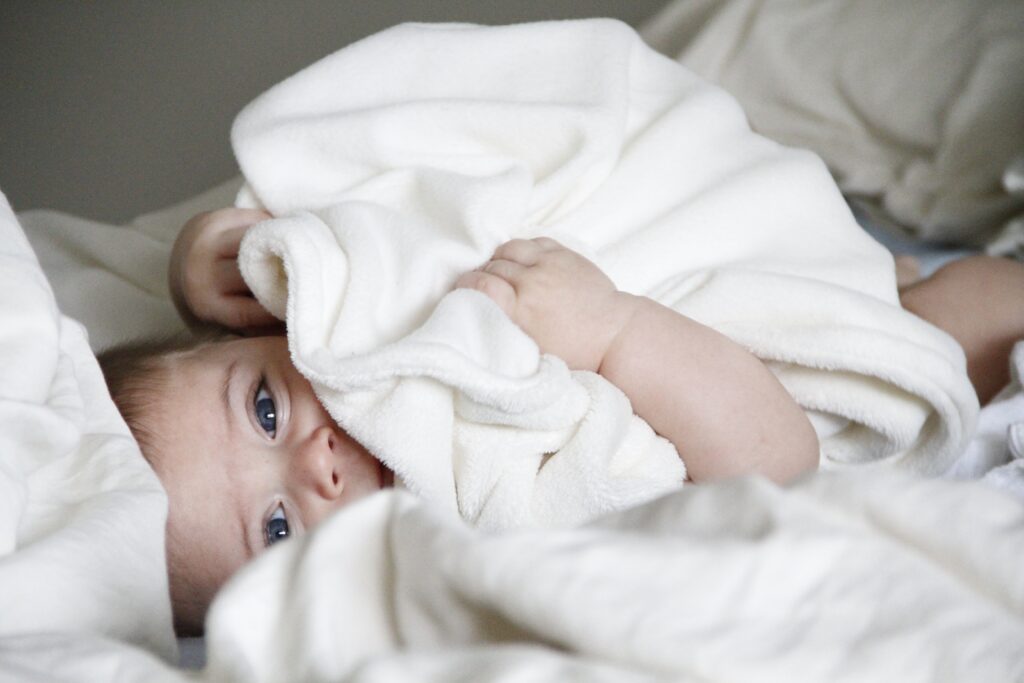
Understanding Baby Development Milestones
Baby Development Milestones Unraveled
When it comes to your little one’s growth and development, it’s essential to have a solid understanding of the various milestones they will reach. From physical to cognitive, emotional to psychosocial, speech and language to sensorimotor, and intellectual to social and emotional development, each milestone plays a vital role in shaping your baby’s overall growth. In this article, we will delve into these milestones and explore why they are so important.
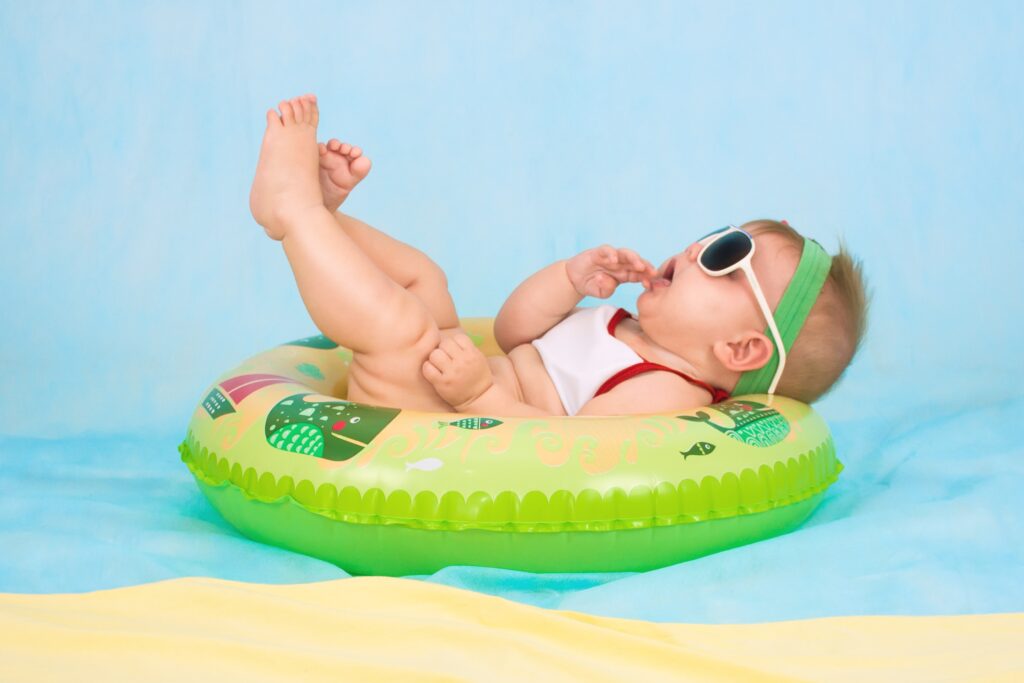
What are baby development milestones?
Baby development milestones are a set of skills or abilities that infants acquire as they grow older. These milestones are used as general guidelines to track a baby’s progress and ensure that they are meeting age-appropriate milestones. They encompass several aspects of development, including physical, cognitive, emotional, psychosocial, speech and language, sensorimotor, and intellectual development.
Why are baby development milestones important?
Understanding and tracking baby development milestones are crucial for several reasons. Firstly, they serve as indicators of normal growth and development. If a baby is consistently falling behind in reaching these milestones, it may be an early sign of a developmental delay or a potential health issue. Early intervention can make a significant difference in these cases.
Furthermore, monitoring milestones gives parents and caregivers an idea of what to expect as their baby grows. It helps them understand and cater to the baby’s specific needs at each stage, providing appropriate stimulation and support. Knowing the milestones can also alleviate unnecessary worries and anxieties that often accompany parenting, as parents can have realistic expectations based on their baby’s age and development.
Lastly, baby development milestones give parents an opportunity to witness and celebrate their baby’s achievements. Each milestone reached is a cause for joy and pride, as it signifies progress and growth. It’s a beautiful journey of discovery for both the baby and their loved ones.
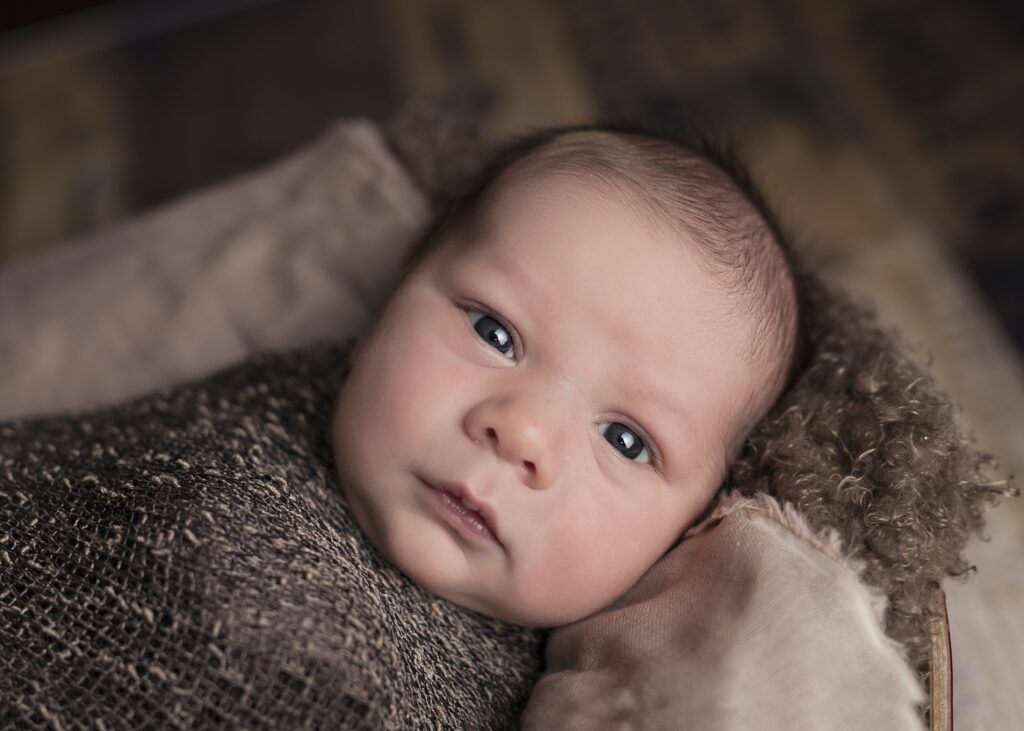
How do baby development milestones vary?
It’s important to note that every baby is unique and may reach milestones at their own pace. While there are general age ranges for when certain milestones should be achieved, it’s perfectly normal for some babies to reach them earlier or later than expected. Developmental variations can be influenced by various factors, including genetics, environment, nutrition, and individual temperament.
Parents should focus on their baby’s overall progress rather than comparing them to other babies. If you have concerns about your baby’s development, it’s always best to consult with a pediatrician or healthcare provider who can provide personalized guidance and support.
Now, let’s explore the different categories of baby development milestones in more detail.
Physical Development Milestones
Growth and weight gain
Babies go through rapid growth during their first year of life. From tiny, fragile newborns, they quickly gain weight, double their birth weight within a few months, and triple it by their first birthday. Regular check-ups and growth charts can help monitor a baby’s growth and ensure that they are gaining weight at a healthy rate.
Motor skills development
Motor skills refer to the ability to control and coordinate physical movements. This includes both gross motor skills, such as crawling, sitting, standing, and walking, as well as fine motor skills, such as grasping objects, pointing, and eventually using utensils. Motor skills develop gradually and in a specific sequence, with each milestone building upon the previous one.
Sensory development
In the early months, babies rely heavily on their senses to explore and make sense of the world around them. Their vision improves, enabling them to focus on objects and track movement. They also develop their sense of hearing, responding to familiar voices and sounds. Additionally, babies explore objects through touch and taste, further enhancing their sensory experiences.
Dexterity and hand-eye coordination
As babies grow, they gradually develop better control over their hands and fingers. They learn to reach and grab objects, transferring them from hand to hand. Hand-eye coordination also improves, allowing them to accurately grasp and manipulate objects. This development becomes particularly evident when they start feeding themselves, building towers with blocks, or using art materials.
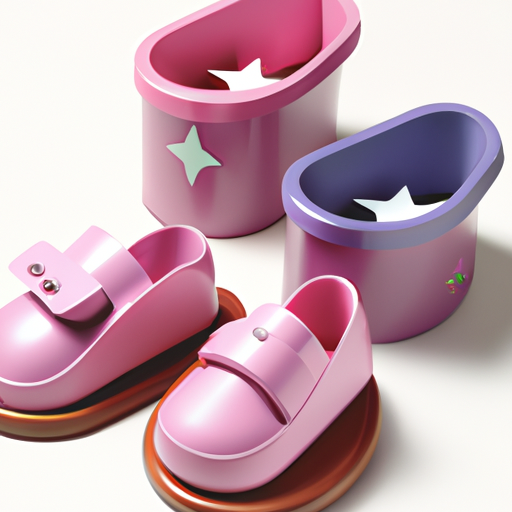
Cognitive Development Milestones
Language and communication skills
Language development is a crucial aspect of cognitive development. In the early months, babies engage in cooing and babbling, imitating the sounds they hear. As they grow older, they begin to understand and respond to simple commands and words. Eventually, they start using single words, then combine them to form basic sentences. Vocabulary expands rapidly, and by the age of two, most children can understand and use hundreds of words.
Problem-solving and reasoning abilities
As babies explore their environment, they encounter various problems to solve. These can be as simple as figuring out how to reach a toy or as complex as solving puzzles. Problem-solving skills involve trial and error, experimentation, and the ability to think critically. It’s fascinating to observe babies engage in problem-solving tasks and witness their growing independence and ability to overcome challenges.
Memory and information processing
Memory and information processing skills develop gradually throughout infancy and beyond. Babies start to recognize familiar faces and objects, as well as recall specific events or routines. As they grow, their memory capacity increases, allowing them to remember and recall information more efficiently. Memory is a key component in learning and helps babies assimilate new knowledge and experiences.
Imagination and creativity
Imagination and creativity play an essential role in cognitive development. Babies, even from a very young age, show signs of imaginative play, engaging in pretend play and role-playing. As their cognitive abilities grow, they can imagine scenarios, solve problems, and express themselves creatively through various forms of art, such as drawing, painting, and storytelling.
Emotional and Social Development Milestones
Attachment and bonding with caregivers
The early months of a baby’s life are focused on forming strong attachments with their primary caregivers. This attachment is crucial for their emotional well-being and lays the foundation for healthy social relationships in the future. Babies develop a sense of security and trust when their caregivers consistently respond to their needs and provide nurturing interactions.
Emotional regulation and expression
Emotional development involves recognizing, understanding, and effectively managing emotions. Babies begin to express a range of emotions, from joy and excitement to sadness and frustration. They learn to regulate their emotions with the support and guidance of their caregivers. As they grow older, they become better at communicating their feelings and understanding the emotions of others.
Social interaction and play
Social interaction is key to a baby’s social development. This includes engaging in interactive play with parents, siblings, and other caregivers. As babies grow, they become more interested in other children and engage in parallel play, where they play alongside but not necessarily with other children. Over time, they progress to cooperative play, actively engaging with their peers.
Empathy and understanding others
Empathy is an essential aspect of developing healthy relationships. Babies start showing signs of empathy, such as responding to the emotions of others, at a very young age. As they observe and interact with their caregivers, they learn about empathy, kindness, and compassion. This understanding helps them build strong bonds with others and navigate social interactions in a caring and empathetic manner.

Psychosocial Development Milestones
Sense of self-identity
Psychosocial development involves the formation of a sense of self and an understanding of one’s individual identity. Infants develop a basic sense of self through their interactions with their caregivers and through self-exploration. They gradually realize that they are separate from others and begin to develop a sense of autonomy.
Exploration and independence
As babies grow older, they become more curious and eager to explore their surroundings. They venture out independently, crawl or walk around, and investigate objects and their environment. This exploration is crucial for their cognitive and motor development, as well as for building their confidence and independence.
Understanding and following rules
Learning to follow rules and guidelines is an important milestone in psychosocial development. Babies start to understand simple rules, such as not touching certain objects or waiting for their turn during playtime. As they grow older, they learn more complex social rules and expectations, which help them navigate social situations and develop appropriate behavior.
Developing relationships
Psychosocial development involves the formation of meaningful relationships with others. Babies start to form different types of relationships, including with their caregivers, siblings, and extended family members. These relationships provide them with a sense of belonging and security, promoting their overall social and emotional well-being.
Speech and Language Development Milestones
Babbling and cooing
Babies begin their journey toward language development by cooing and babbling. These early vocalizations are their way of experimenting with sounds and forming the foundation for spoken language. Cooing and babbling typically occur between two to four months and involve simple vowel and consonant sounds, such as “goo” and “ba.”
First words and vocabulary growth
Around one year of age, babies utter their first recognizable words, such as “mama” or “dada.” This is an exciting milestone that marks the beginning of their expressive language development. From here, their vocabulary grows rapidly, with toddlers learning new words every day. It’s important to provide a nurturing language-rich environment to support their language acquisition.
Sentence formation and grammar skills
As babies progress, they move from single words to combining words to form basic sentences. They start using simple grammar rules, such as adding -ing to verbs to show ongoing actions. Their sentences become more complex and grammatically correct as they acquire more language skills and vocabulary.
Reading and writing abilities
Reading and writing are crucial elements of language development. Reading to babies from an early age introduces them to sound patterns, vocabulary, and narrative structure. Writing skills develop gradually, starting with scribbling and progressing to forming letters and eventually writing words and sentences.
Sensorimotor Development Milestones
Reflexes and basic movements
Newborns rely on instinctual reflexes, such as the rooting reflex (turning toward a touch on the cheek), the grasping reflex, and the Moro reflex (startling response), to interact with their environment. These reflexes gradually integrate and are replaced by purposeful movements as babies grow older.
Hand-eye coordination and object manipulation
Hand-eye coordination is the ability to perceive and coordinate visual information with hand movements. Babies reach for objects, grasp them, and bring them to their mouths as they develop this coordination. They also start manipulating objects in more complex ways, exploring their properties and functions.
Balance and locomotion
As babies develop their gross motor skills, they progress from rolling over, to sitting, crawling, standing, and eventually walking. Achieving and maintaining balance is crucial for locomotion. These milestones vary widely, with some babies taking their first steps as early as nine months, while others may not begin walking until their 15th month or later.
Body awareness and spatial orientation
Body awareness involves recognizing and understanding one’s body and its position in space. Babies become aware of their body parts and develop a sense of body schema. They also start to understand basic spatial concepts, such as up and down, in and out, and near and far.
Intellectual Development Milestones
Information processing and cognitive skills
Intellectual development encompasses a wide range of cognitive skills, including information processing, attention span, and problem-solving abilities. Babies start to process information from their environment, selectively attending to stimuli that are novel and interesting. Their cognitive abilities gradually mature, enabling them to engage in more complex thinking tasks.
Problem-solving and critical thinking
Problem-solving and critical thinking are vital skills for navigating the world. Babies encounter problems on a daily basis, whether it’s reaching a toy just out of their grasp or figuring out how to open a container. They use trial and error, observation, and imitation to solve problems at each developmental stage.
Logical reasoning and abstract thinking
Logical reasoning involves the ability to make logical connections, infer information, and draw conclusions. Babies start to develop basic logical reasoning skills in their early years, progressing from simple cause and effect reasoning to more complex logical thinking as they grow older. Abstract thinking abilities develop further in childhood and adolescence.
Memory and learning abilities
Memory and learning go hand in hand. Babies develop their memory skills as they acquire new information and experiences. They start to remember familiar faces, events, and routines, building on their memory capacity over time. Learning abilities expand as their cognitive skills mature, allowing them to absorb and retain knowledge more effectively.
Social and Emotional Development Milestones
Attachment and bonding with family
Babies form strong attachments and bonds with their immediate family members, particularly their primary caregivers. These attachments provide them with a sense of security and emotional connection. Developing a secure attachment foundation is crucial for healthy social and emotional development in the future.
Self-awareness and self-expression
As babies grow older, they become more aware of themselves as individuals. They recognize their own reflection, engage in self-exploration, and demonstrate a sense of self. Self-expression also develops, as babies find ways to communicate their preferences, needs, and emotions to their caregivers and others.
Understanding and managing emotions
Emotional development involves understanding, experiencing, and managing a wide range of emotions. Babies start to recognize and respond to emotions in themselves and in others, such as happiness, sadness, anger, and fear. They learn to regulate their emotions through the support and guidance of their caregivers.
Empathy and social interactions
Empathy, the ability to understand and share the feelings of others, develops gradually throughout infancy. Babies show signs of empathy by responding to the emotions of their caregivers, siblings, and peers. They learn to engage in social interactions, comforting others when they are upset and showing care and concern for their loved ones.
Conclusion
Baby development milestones span various domains, each playing a crucial role in shaping your little one’s growth and overall development. From physical milestones such as growth, motor skills, and sensory development, to cognitive milestones encompassing language skills, problem-solving abilities, and memory, and to emotional and social milestones like attachment, emotional regulation, and social interaction, each milestone signifies progress and growth.
Remember, every baby is unique, and their development may vary. It’s important to focus on your baby’s individual progress rather than comparing them to others. If you have concerns about your baby’s development, consult with a healthcare provider who can provide personalized guidance and support.
Enjoy the journey of watching your baby reach these milestones and cherish every moment of their remarkable growth and development.
